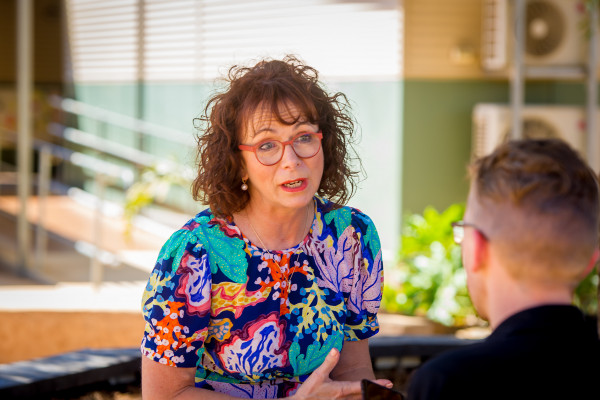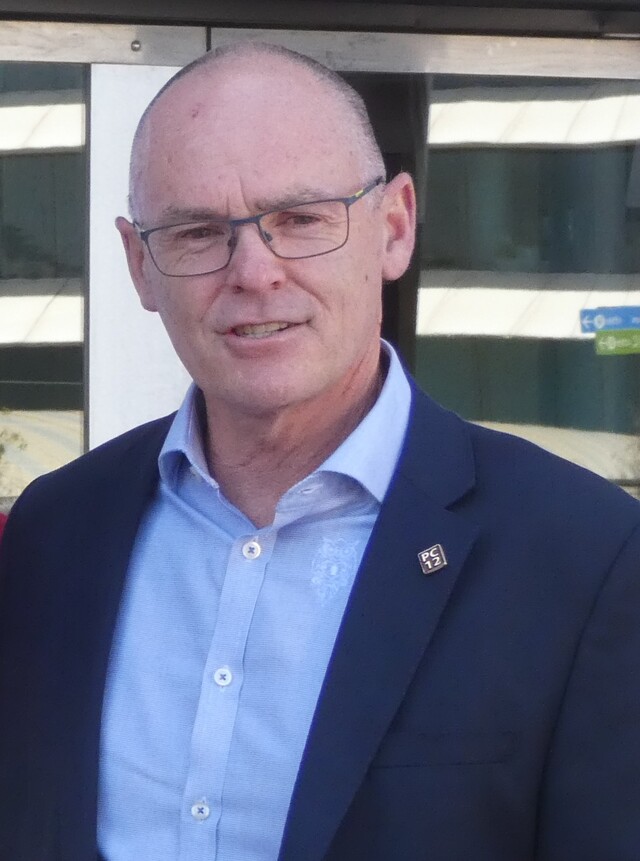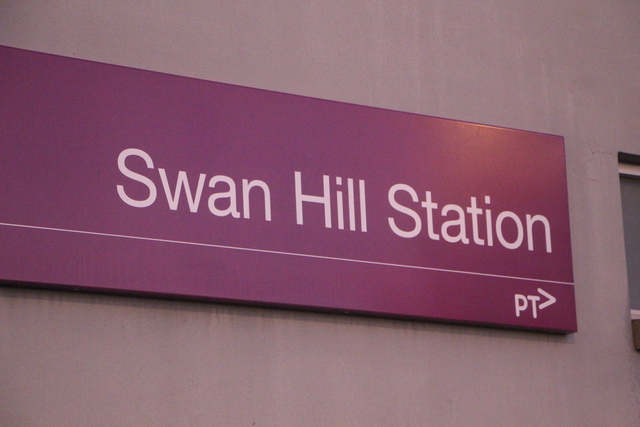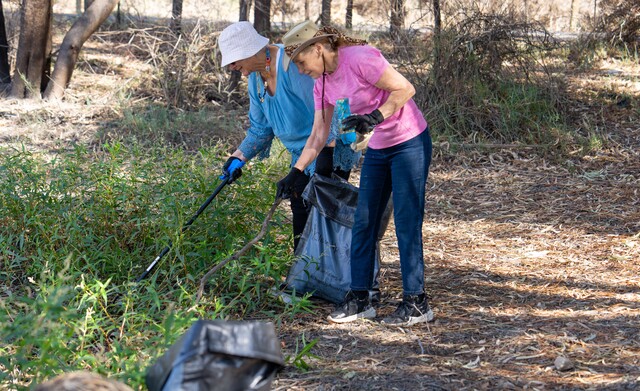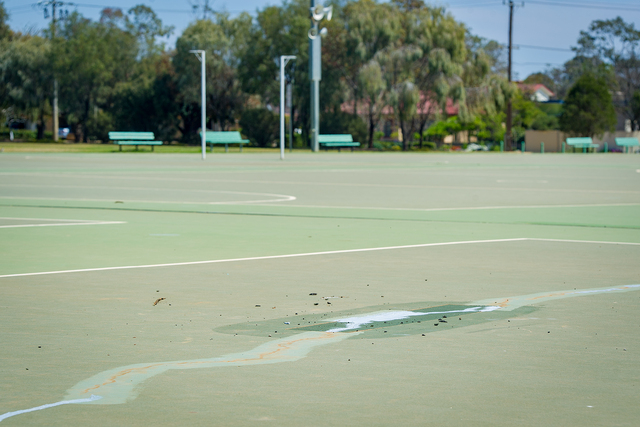THERE is tension in the Coalition over a set of proposed reforms to tertiary education, but Member for Mallee Anne Webster says she has ruled out crossing the floor to vote against the Bill.
Nationals MPs are pushing for changes to parts of the package they say could disadvantage regional communities, including fee hikes for courses in social work and mental health and a payment offered to regional students moving to cities for university.
The Job-Ready Graduates Package was announced by Education Minister Dan Tehan in June as part of a strategy to get more qualified workers into areas such as health care, science, technology, engineering and mathematics careers, and agriculture.
However, the package has come under fire for increasing the cost of humanities degrees by up to 113 per cent, and for reducing the funding universities are given to deliver courses.
Following a party room meeting on Monday, The Nationals backed Minister for Decentralisation and Regional Education Andrew Gee’s calls to change the legislation before it goes to a parliamentary vote.
The changes they are requesting include reclassifying social work, behavioural science and mental health studies to align with allied health degrees rather than humanities, grandfathering fees for existing students, and altering the Tertiary Access Payment to encourage students to study in regional areas.
Mr Gee said he was concerned the Bill would discourage people from entering professions such as social work and mental health, which were much needed in regional areas.
“Given country Australia has been devastated by bushfires, floods, drought and the COVID-19 pandemic, it is critical that regional communities have easy access to mental health services and support,” he said.
“The proposed reforms in their current state recommend that a number of social work, behavioural science and mental health disciplines be classified in the humanities cluster, which is the highest-paying cluster for students.
“We believe this would only serve to further to increase the maldistribution of mental health workers in country Australia.
“Social work, behavioural science and mental health disciplines should be removed from the humanities funding cluster and be realigned with allied health studies.”
Dr Webster backed Mr Gee’s calls to lower the fees, saying her own background in social work informed her conviction that mental health and related professions were vital in regional communities like those in the Mallee electorate.
“Behavioural sciences, counselling, psychology, social work – they’re important careers for people to take up in the country, because we do struggle to get people to study in those fields and to be available in regional Australia,” she said.
“These services, which provide people an opportunity to reflect on the challenges that we’re facing, even in COVID-19 and beyond, are very important.
“Having expertise to be able to assist people through whatever mental health issues they might be going through is very, very important.
“We need to make sure that we have a workforce in our regions that is sustainable. And we know already that people who study in the regions tend to stay in the regions.”
But, despite her concerns, Dr Webster said she would not vote against the package.
“The social work issue is one change out of a myriad of changes that are actually very good,” she said.
“I would hate to see the legislation stall because of one small component. You can’t please all the people all the time, that’s the reality.
“I’m really keen for this legislation to get through.”

